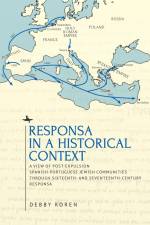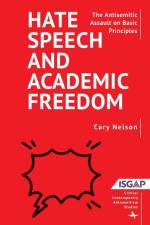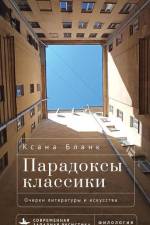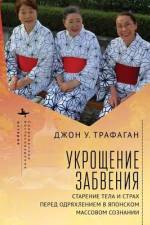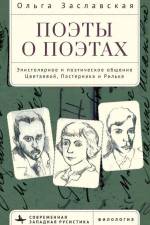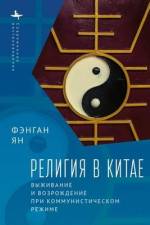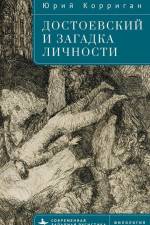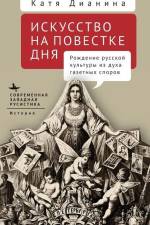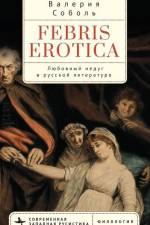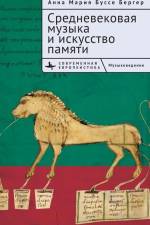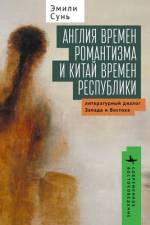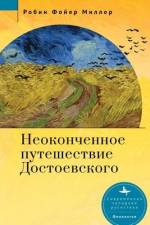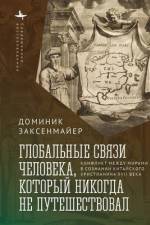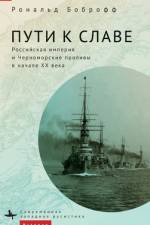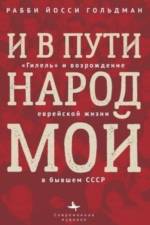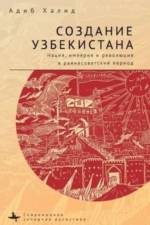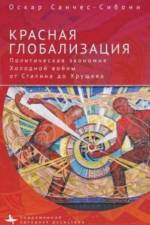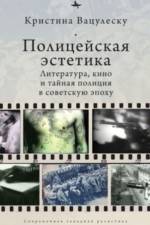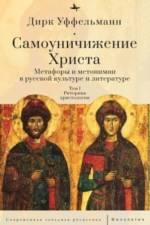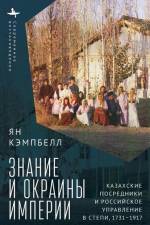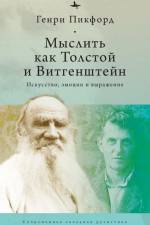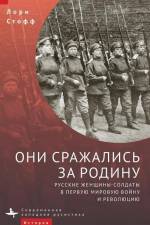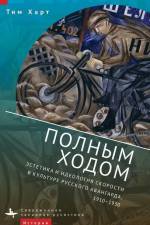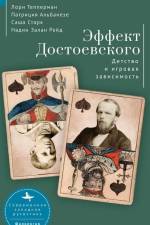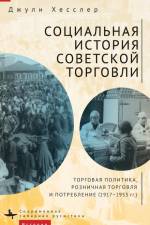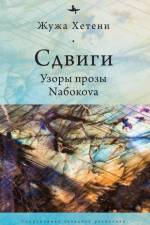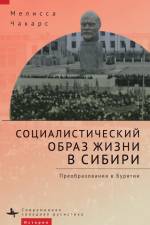av Robin Feuer Miller
407
Words, silences, and narratives as vehicles are always in flux, always fueling us, precipitating actions both virtuous and criminal, good and evil, beautiful and ugly, sublime and ridiculous. Dostoevsky, more than any other writer except perhaps Shakespeare, supplies an unending source of inspiration for the full sweep of human action, thought, emotion, and belief in all their contradictory manifestations and combinations. Dostoevsky's journeys onto these terrains are without exception unfinished, always in process, alive and precariously so, even as those inspired by him may find for themselves completion, rationales, and answers. His readers have given various names to the quality of completion embedded within uncertainty that his oeuvre conveys and which can then serve to engender religious, philosophical, or nakedly political discourses and responses, some of which would no doubt surprise, even horrify him.Dostoevsky, however, continues to stand apart; his written words, silences, and narratives expressing, through their embodiment in characters, his own unfinished journey. Ivan Karamazov's rebellious philosopher maybe have walked his quadrillion kilometers in the dark, but their mutual creator still travels on.

